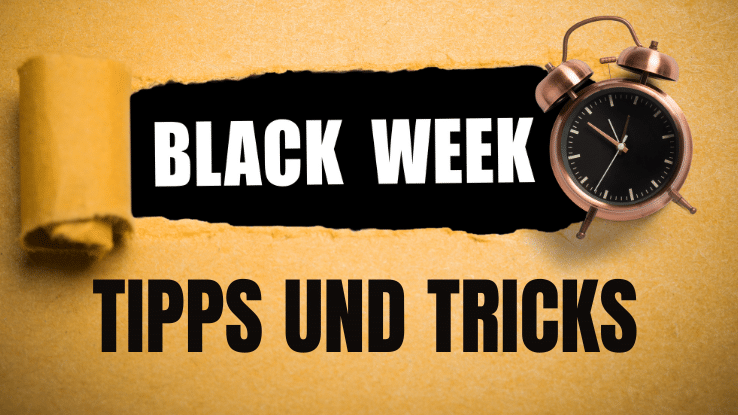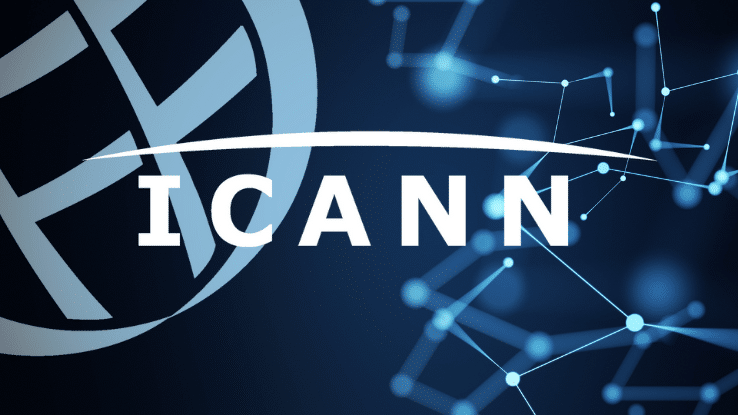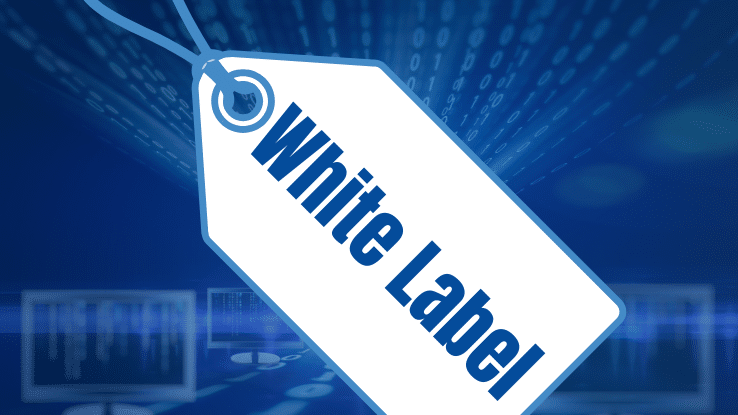Black Week has long been more than just a discount battle. It is an exceptional psychological and economic event that presents companies, agencies, resellers and domainers alike with opportunities. Domains play a central role here – as digital real estate, marketing levers and drivers of trust.
In 2024 alone, over 5.9 billion euros were generated in Germany. Worldwide, the platforms reported a total turnover of more than 65 billion US dollars during the Black Friday weekend. During this week, new projects are created, short-term campaigns are launched and digital identities are secured. Domains play a key role in this – and this is exactly where your potential lies. This article shows you how you as a domain reseller, domainer, agency or company can use Black Week strategically – in a well-founded, practical way and with a view to sustainable success.
1. domain resellers: More sales through strategic offers
As a reseller, you sell domains and additional services. During Black Week, you can differentiate yourself with targeted measures:
- Discounted TLDs: Popular extensions such as .de, .store or .online are particularly attractive. Promotions with these TLDs lower the entry barrier for new customers.
- Upselling & cross-selling: Additional features such as Domain Safe, Privacy Protection, SSL certificates or e-mail inboxes not only increase the shopping cart value, but also customer loyalty.
- White label marketing: With tools such as ResellerInterface, you appear under your own branding – and thus strengthen your long-term trust with end customers.
- Volume discounts: Agencies in particular buy several domains for campaigns during Black Week. Graduated models create strong incentives here.
👉 Example: A discounted .store domain, combined with an SSL certificate and the Domain Safe feature, signals security and trust – and increases the average shopping cart value.
2. domainers: clever use of demand
As a domainer, you invest in digital real estate – and Black Week is peak season. Companies are now looking for names for campaigns, microsites or new stores.
- offer premium domains: Brands are particularly willing to pay more for catchy names at this time.
- Use seasonal domains: Limited names such as blackweek-deals.de are only relevant in the short term, but can be very interesting in auctions or direct sales.
- Emphasize scarcity: “Only available for a short time” works for domains just as it does for products – a classic psychological trigger based on the principle of scarcity.
3rd agencies: advice & packages instead of a discount battle
Agencies are the navigators through the Black Week chaos for many companies. Your advantage: customers are looking for guidance, not just percentages.
- Black Week packages: Landing page creation + social ads setup + suitable domains as a complete solution.
- Offer whitepapers or checklists: “10 things your store needs for Black Week” – perfect lead magnet.
- Use domains to open doors: A favorable campaign domain for the customer is your entry point – the real added value lies in SEO, ads & strategy.
4th company: Customer loyalty instead of a price spiral
Black Week is a tightrope act for companies: discounts are important – but lasting success comes from cultivating relationships.
- Personalization: Customers who receive personalized recommendations are up to 80% more likely to buy again.
- Create exclusivity: VIP access, early access offers or membership deals strengthen loyalty.
- After-sales marketing: Don’t use Black Week as a one-off promotion, but as the starting signal for new customer relationships. Follow-up campaigns via email or retargeting are crucial here.
5. scientifically proven success factors
1. scarcity & deadline
Effect: Cialdini shows in
Influence
(1984) shows that offers with scarce availability or with a time limit have a strong motivating effect – people value what is scarce significantly more.
An experiment illustrates this: When potential buyers are informed that a sale is only known to an exclusive audience, they buy up to six times as much.
Practically implemented: Countdown timers, “Only X pieces left” or exclusive access work particularly well.
Instructions for use:
- Honesty is mandatory: No artificial or fictitious scarcity – this is misleading and a violation of competition law (UWG violation).
- Mandatory labeling: If there are real time limits, communicate them clearly (“Offer ends on September 15 at 11:59 pm”).
- Maintain transparency: Avoid formulations such as “only a few” without a clear, comprehensible reference.
2. social proof
Effect: The phenomenon of people orienting themselves towards the masses was first investigated by Sherif (1935). Cialdini himself calls social proof one of his six principles of influence.
Current studies show that even small cues such as “77% have opted for X” can almost quadruple the decision.
When it comes to user registrations, experiments have shown that social proof can increase the effect of discounts (monetary reciprocity).
Instructions for use:
- Prove the figures: If you set “Already registered 2,341 times”, this figure must be securely documented and up-to-date – false information is misleading and can be warned.
- Disclose sources: Use real user numbers and cite the survey or date if applicable.
- Strengthen group relevance: Statements such as “others from your area have registered” have a stronger and more credible effect.
3. storytelling
Effect: Research (from universities such as Princeton) shows that stories not only activate language-processing regions of the brain, but also those that experience experiences (e.g. sensory or motor areas). Their effect is therefore emotional and empathetic – we “feel” the story.
Instructions for use:
- Authenticity counts: Use real stories with relatable details – made-up narratives can damage trust.
- Reference sources: For example, if you refer to research from Princeton, give the title and context (e.g. “Results of a Princeton University study series on neural synchronization in storytelling”).
- No exaggeration: Statements such as “activates the entire brain” are exaggerated – formulate soberly (e.g. “engages far more regions of the brain than just conveying facts”).
Legal and ethical information – at a glance:
| Problem area | What needs to be considered? |
|---|---|
| Misleading advertising statements (UWG) | Statements such as “scientifically proven” must be verifiable. A countdown must not be faked. |
| Transparency obligation | Clarity on where figures come from (e.g. usage statistics, studies, data sources, date). |
| Data protection & GDPR | Avoid information that allows conclusions to be drawn about individuals. |
| Avoid dark patterns | UX tricks such as false scarcity or exaggerated social pressure are unethical and legally vulnerable. |
| Copyright and right to quote | Scientific statements should be cited with the correct source. Large text or key statements should not be copied unmarked. |
6. your timetable for Black Week
- Start early: Don’t wait until Black Friday – build up excitement via teasers. Use the whole Black “Week” and also some time before.
- Define your USP: Are you the fast domain reseller, the clever domainer or the agency with strong consulting skills?
- Use automation: Rely on email sequences, prepared landing pages and social media planners.
- Measure success: Registrations, upsell rates, leads – analyze everything to be even better next year.
Conclusion: Black Week as a stage for your domains
Whether you are a domain reseller, domainer, agency or company – Black Week is your stage. Domains are not just digital addresses, they are the key to sales. If you plan cleverly, use scientifically sound mechanisms and pick up your customers correctly, you win twice over: short-term sales and long-term relationships.
So: With ResellerInterface, you have the right tool to implement the strategies described here directly. From white label stores to flexible pricing models and automated processes – you can scale your business without technical hurdles – and if things get too hectic: Remember, domains don’t run away – unless someone else clicks faster. 😄








Leave a Reply